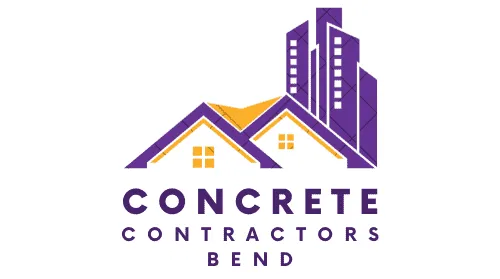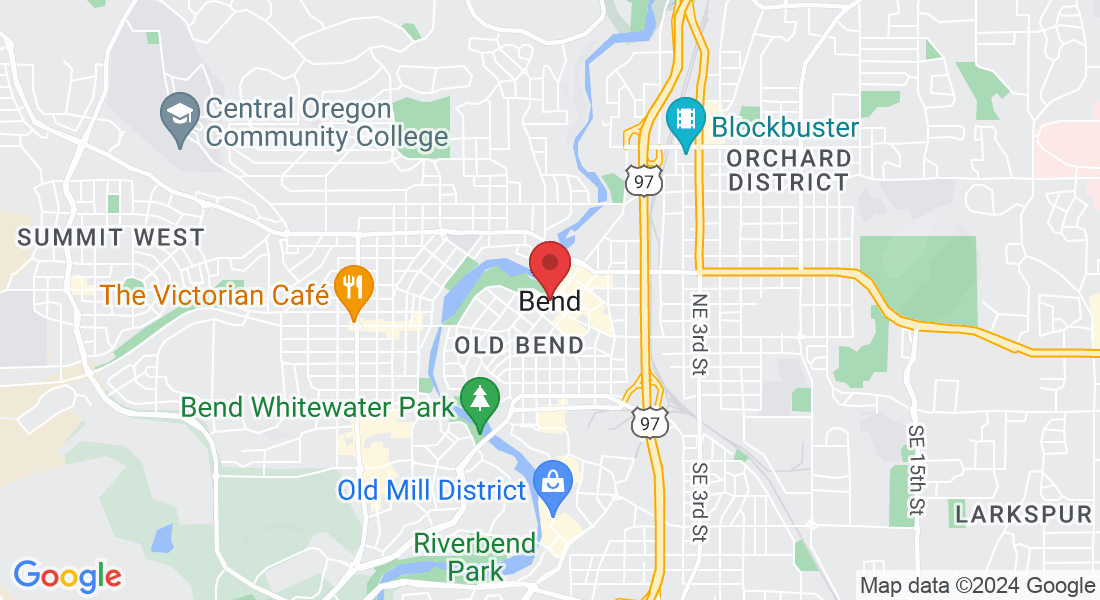Concrete Sealer Service in Bend, OR
Choosing the Right Sealer to Protect Your Concrete Investment
Sealing your concrete is an essential step in protecting your investment from elements like water, UV rays, chemicals, and wear and tear. Different sealers are designed for various concrete types and offer distinct levels of protection based on traffic volume and environmental conditions.
Here's how to select the right sealer for your concrete project:
Understanding How Sealers Work
Concrete is naturally porous due to its composition. It's important to note that concrete and cement are not the same; concrete is a mix of cement, sand, and aggregates. When water is added to cement, a chemical process called hydration occurs, creating strong bonds but also leaving microscopic pores.
Sealers act by filling these pores or forming a barrier on the concrete's surface, preventing water penetration while allowing water vapor to escape. The effectiveness of a sealer depends on various factors, including the concrete surface, the sealer's properties, and the surrounding environment.
Types of Sealers
Penetrating Sealers: These are absorbed into the concrete, providing protection without altering the surface appearance. They're ideal for outdoor concrete, as they provide excellent protection against
weathering, moisture, and stains. Penetrating sealers are typically made of silanes, siloxanes, siliconates, or silicates.
Acrylic Sealers: Available in both water- and solvent-based formulas, acrylic sealers are great for indoor and outdoor use. They form a thin protective film that enhances the concrete’s color and sheen. They're suitable for moderate traffic areas and are easier to apply and reapply than some other types.
Epoxy or Urethane Sealers: These are more heavy-duty sealers, offering strong protection against chemicals and abrasion. They are commonly used in high-traffic commercial or industrial areas. These sealers add a glossy finish and can be used to incorporate color into the concrete.
Choosing the Right Sealer for Your Needs
Consider the Environment: For outdoor projects, a sealer that offers UV protection and can withstand weather changes is essential. For indoor projects, look for sealers that are resistant to abrasion and easy to clean.
Traffic Levels: High-traffic areas require a more durable sealer like epoxy or urethane, while lower-traffic areas can be maintained with acrylic or penetrating sealers.
Aesthetics: If maintaining the natural look of concrete is important, penetrating sealers are ideal. For enhanced color and sheen, acrylic, epoxy, or urethane sealers are better options.
Maintenance and Reapplication: Some sealers, like acrylic, are easier to reapply and require more frequent maintenance. Others, like epoxies and urethanes, last longer but are more challenging to apply and maintain.
Proactive Approach to Longevity
Regular sealing is a proactive way to extend the life of your concrete and keep it looking its best. Whether it’s a driveway, patio, or commercial flooring, the right sealer will provide the protection needed to ensure your concrete investment stands the test of time. Remember to always follow the manufacturer's instructions for the best results.
FAQS
What is the difference between residential and commercial concrete services, and do you offer both?
Residential concrete services typically involve projects like driveways, patios, sidewalks, and foundations for homes, requiring attention to aesthetic detail and integration with landscaping. Commercial concrete services, on the other hand, often deal with larger-scale projects such as parking lots, commercial building foundations, and industrial flooring, focusing more on durability and load-bearing capacity. We offer both residential and commercial concrete services, tailored to meet the unique needs of each project.
How much does it cost to pour a concrete driveway?
The cost of pouring a concrete driveway varies based on the size of the driveway and any additional features like colors or patterns. Generally, prices can range from $4 to $8 per square foot. We can provide a more accurate estimate after assessing your specific project requirements.
How long before we can walk on our new concrete patio?
You should wait at least 24 to 48 hours before walking on your new concrete patio. For heavy items or vehicles, it's best to wait at least 7 days to ensure the concrete has gained enough strength.
Do you do small jobs, like fixing a cracked sidewalk?
Yes, we handle small projects, including repairing cracked sidewalks. No job is too small, and we ensure the same level of attention and quality for all our projects.
Can you match the color of my existing concrete for a repair?
While it's challenging to match new concrete exactly to old due to weathering and age differences, we can come close by using color additives and techniques to blend the repair as much as possible with your existing concrete.

